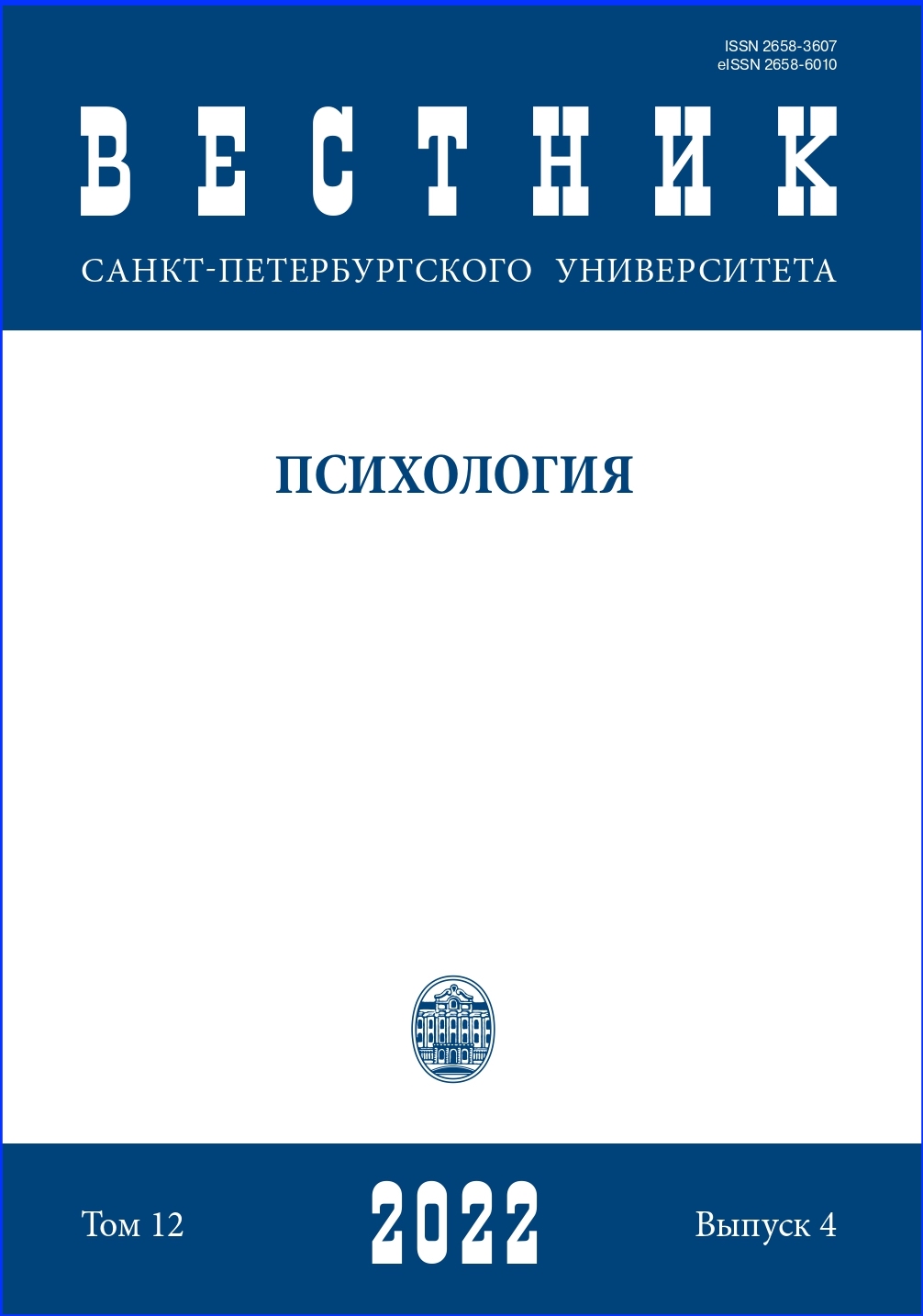Features of coping with situations of change among representatives of Azerbaijani culture
DOI:
https://doi.org/10.21638/spbu16.2022.407Abstract
The article is devoted to the analysis of the response of Azerbaijanis to life situations of change. Since the situations of change are characterized by dynamism, uncertainty and a great expenditure of resources, and the perception of such events is often associated with stress and threat, the phenomenon of responding to changes and structural uncertainty may be studied in the context of coping. The empirical research was conducted out within the framework of mixed methods approaches and included two stages. At the first stage, the quantitative data of the Azerbaijani sample (N = 278) were analyzed. The indicators of consistency and intercorrelations of scales, descriptive statistics, as well as the results of the exploratory factor analysis of the questionnaire “Types of response to a changing situation” were considered. Changes in the psychometric properties of the questionnaire were identified. In order to explain the discovered facts at the second stage, qualitative data were analyzed: descriptions of response models to changes (N = 42; using the method of grounded theory in the version of K. Charmaz) and explanations of the drawings “Image of changes” (N = 88). It was found that the majority of Azerbaijani respondents report a rare preference for structural uncertainty and a frequent desire to maintain the stability of the situation. The difference between the models of response to changes described by Azerbaijani and Russian students-psychologists is shown. While the methods are called similar (planning, positive reappraisal, etc.), their combination in models, and categorization (whether the action refers to acceptance or rejection of changes) diverge. Based on the analysis of quantitative and qualitative data, an ambivalent response is described: the use of both accepting and rejection the change strategies. The results are discussed in two contexts: 1) cultural values of Azerbaijan (collectivism, orientation on rules); 2) the need to comprehensively consider of coping strategies. The study expands the understanding of the mechanisms of cultural determination of coping with the situation of change, and offers a new data analysis scheme that allows to identify cultural differences.
Keywords:
life situation of changes, coping strategy, structural uncertainty, rule orientation
Downloads
References
References
Downloads
Published
How to Cite
Issue
Section
License
Articles of "Vestnik of Saint Petersburg University. Psychology" are open access distributed under the terms of the License Agreement with Saint Petersburg State University, which permits to the authors unrestricted distribution and self-archiving free of charge.




